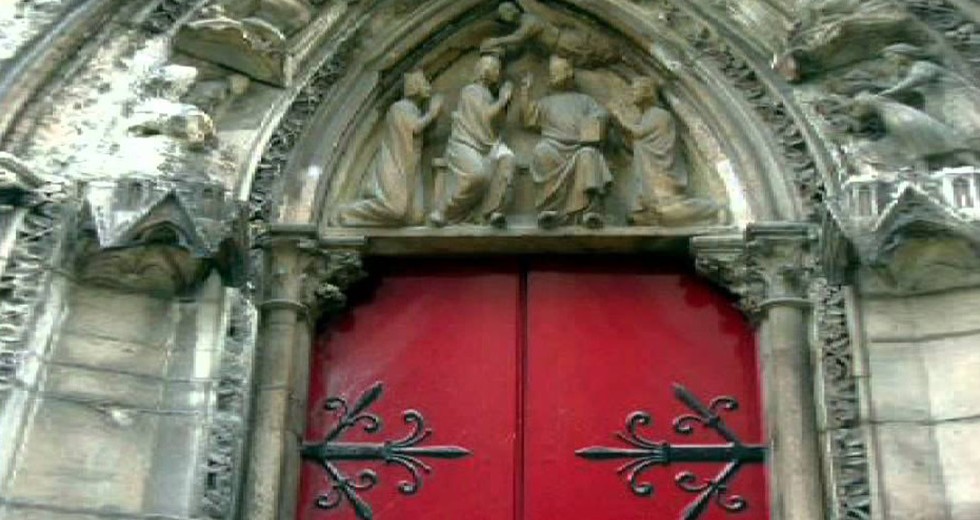
Bernard Dieter, a professor at Chicago Conservatory College, could sit at the piano and play from memory any masterpiece of Western music. That included any symphony or piano concerto by Mozart, Beethoven or Brahms, any Strauss tone poem, any scene from any Wagner opera or any 20th-century work up until the death of Bartok in 1945. The guy knew music better than anyone I’ve ever met.
Every so often, he’d get on the subject of Franz Schubert. “Had he lived into his 50s, he’d have eclipsed Beethoven,” he’d say, repeating it every few weeks while sitting at the piano. “I say this simply on the strength of his Great C Major Symphony, his 600 songs and his Mass in A-Flat Major.” He’d then launch into the opening bars of Der Erlkönig, a Schubert song that conjures a thicket of human emotion.
All of us in that composition class were familiar with Schubert’s Great C Major Symphony, and it was impossible to be a music major and not have a nodding acquaintance with some of the Schubert songs. No voice recital is complete without some of them. But somehow in my student years as well at the present, the Schubert masses have not achieved the same renown as his songs and symphonies.
In the case of the Mass in A-Flat Major (the fifth of his six masses), this lack of public acceptance is no fault of Schubert’s. This mass, which demonstrates his mature style (and which the CSO will perform Feb. 6-8), is as remarkable and profound as the best of his other works. It thoroughly shows Schubert’s genius for melody. Riccardo Muti calls it “the door to another world.”
Unlike Catholic mystics Anton Bruckner and Olivier Messiaen, Schubert was not a composer consumed with Catholicism, or any religion, for that matter. While the church exerted considerable influence over 19th-century European life, it never brought Schubert to religious rapture, at least the kind Bruckner experienced.
Schubert’s brother, Ignaz, was a freethinker (these days a secularist) and in a letter to his parents, the composer observed that he never “forced himself to pray.” Still, he wrote close to 40 sacred works, among them the Mass in A-Flat Major, certainly one of the most brilliant of religious works of the time — just as impressive and engaging as any of the Haydn or Mozart masses.
Soon after finishing the Mass in A-Flat, he began work on one of his most famous creations, the Unfinished Symphony. Schubert died at age 31. “Had he lived into his 50s…”
Chicago-based writer Jack Zimmerman has authored a couple of novels, countless newspaper columns and was the 2012 recipient of the Helen Coburn Meier and Tim Meier Arts Achievement Award. He currently works as subscriber relations manager for Lyric Opera of Chicago.